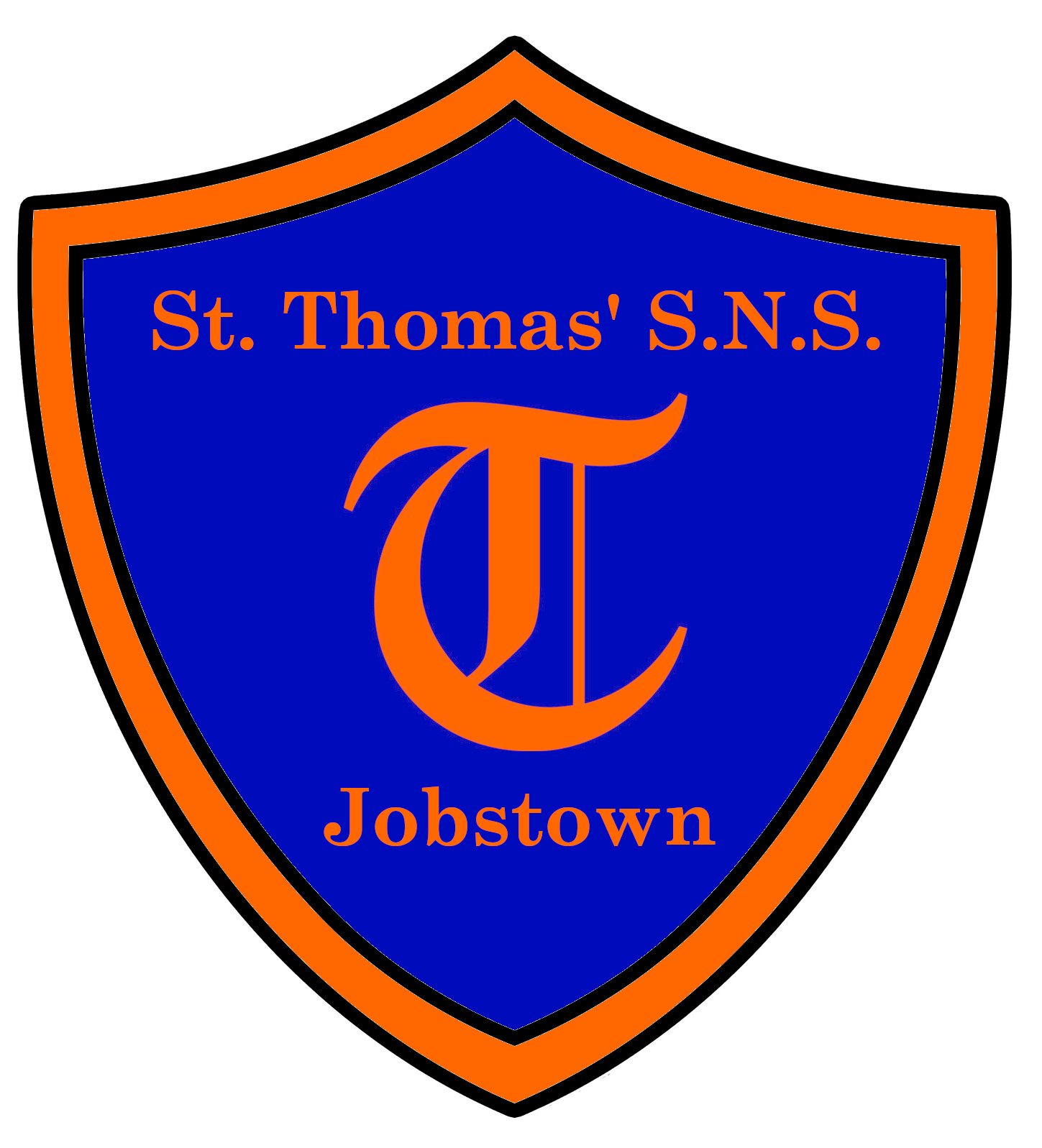Room 9 and me (Mahad) have been learning about Daniel O’ Connell. We made projects in History on Daniel O’ Connell. Daniel was the one who stopped the Penal Laws and fought for Irish people’s rights. He also lived in Derrynane in Kerry with his cousin Mary O’Connell who he was married to.
Daniel O’Connell was a famous Irish person who lived during the late eighteenth and early nineteenth century. He helped Catholics to win the right to become Members of Parliament. He also wanted Ireland to have its own parliament. He became known as the “Liberator” because he looked for rights for Irish people. He arranged huge gatherings of people known as “monster meetings” where thousands of people would attend to hear him speak. One of the biggest meetings ever was one at Tara, County Meath in 1843 when about half a million people gathered to hear him.
The government soon banned these meetings because even though Daniel was against violence, the government feared such large gatherings might lead to rebellion. Despite his efforts, Daniel O’Connell didn’t succeed in getting a parliament back for Ireland.
Daniel O’Connell was born outside the town of Cahersiveen in County Kerry in 1775. He was the eldest of ten children and was adopted, along with his brother, by his wealthy uncle, Maurice, who lived at Derrynane House in nearby Caherdaniel.
Daniel did well at school and in 1790 his uncle sent both boys to study in France. While in France, he saw the violence of the French Revolution and this experience gave him a hatred of mob violence for the rest of his life. After his schooling, Daniel became a famous barrister. He died in 1847 during the Great Famine.
Here is a timeline on Daniel O’ Connell.
1775 Born in Cahirciveen, Co. Kerry
1791 Went to France
1798 Became a Barrister
1800 Act of Union Passed
1823 Catholic Association Established
1828 Elected MP for Co. Clare
1829 Catholic Emancipation Granted
1840 O’Connell establishes the Repeal Movement
1841 O’ Connell become the first Catholic Mayor of Dublin since the Reformation
1843 Monster Clontarf Meeting banned
1845 The Great Famine commences in Ireland
1847 O’Connell dies in Genoa, Italy
Penal Laws
Laws passed towards the end of the 17th century
Known as the “Penal Laws” as they “penalised” or punished Catholics
Designed to ensure that Catholics remained poor, ignorant and without spiritual guidance
The laws were grouped under the headings of education, religion, property and civil life
1800 Act of Union
After 1798 Rebellion, Britain was worried about further rebellion in Ireland
In 1800, the Act of Union was passed, joining the Irish and British parliaments
Irish people now had no say in the making of any laws used in Ireland
Daniel O’Connell decided to fight to repeal the Act of Union.
By Mahad Idle, 5th Class, Room 9
